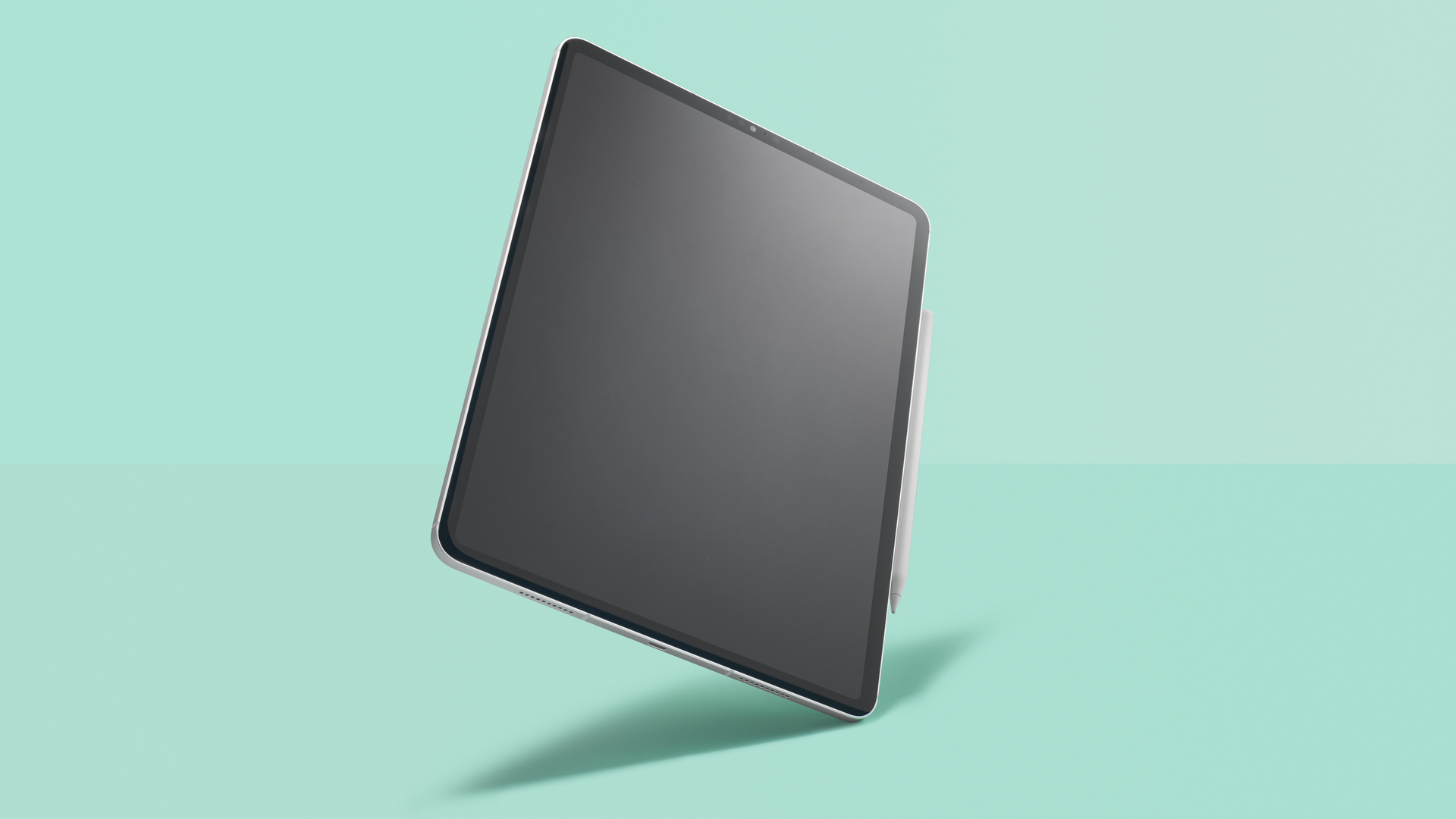
Even though it has been considered amongst of the best tablets for a long while, Apple's iPad Pro range is set for big generational change.
As well as the much-rumoured switch to OLED panels for its display, forthcoming models will run on the latest Apple Silicon M3 chipset. There will also be other "fundamental changes" according to journalist and Apple expert, Mark Gurman.
In addition, he claims that there is a major upgrade coming for the accompanying Magic Keyboard. It'll have a couple of new features that will make it "look even more like a laptop".
Gurman has posted his thoughts in the latest edition of his PowerOn newsletter for Bloomberg. In it, he states that the Magic Keyboard is set to add a larger trackpad in order to address complaints about the current variant. It'll further blur the lines between Apple's iPad and MacBook lineups.
As for the new iPad Pro, the biggest change is pretty literal – the larger model will grow in screen size to 13-inches (from 12.9-inches found on the latest iPad Pro). That's likely because the bezel could shrink rather than an expansion in the overall girth of the tablet.
The 11-inch model will continue with a similar screen size though, it seems.
The iPad Pro models in question are reportedly codenamed J717, J718, J720, and J721. They aren't expected to be announced this side of the holiday season, with an early 2024 release more probable.
The new OLED panels will make a difference to image performance, with the same display technology already utilised on iPhones (since the iPhone X. We've never found the current iPad Pro to be lacking in this area, with its mini-LED display already offering excellent HDR results and bright pictures, but black levels could definitely be improved through the use of OLED.
More accurate black level response also leads to better colour saturation and realism. There's also zero light bleed as OLED pixels are self-illuminating so do not need a backlight. That leads to crisper images at similar resolutions.
We'll keep our ears to the ground on any further details, but it's clear that Apple wants to refresh a product line that has been critically well received since its debut in 2018.







